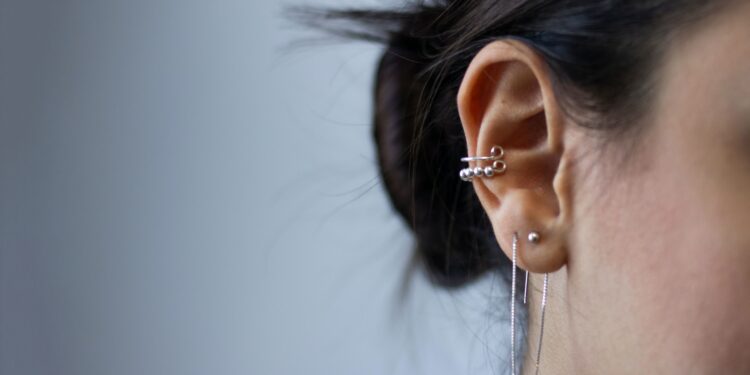This could be a good tinnitus relief.
Tinnitus, a prevalent condition where the brain perceives sound even in quiet settings, affects approximately 10% of adults in the United States. While some cases are mild, others bring about severe symptoms that significantly impact one’s quality of life. Its causes vary widely, from ear-related issues to stress and head injuries, posing challenges for doctors aiming to address it effectively.
In response, a team of researchers developed MindEar, a smartphone app designed to assist those experiencing tinnitus. Early trials have shown promising results in alleviating symptoms, as Dr. Fabrice Bardy, the lead author of the trial and co-founder of the app, highlighted its potential to offer help to numerous individuals facing distress due to tinnitus.
According to Rebecca Lewis, an audiologist not involved in the study, tinnitus is not an independent condition but a symptom of underlying issues like hearing loss or other health concerns. She explained that it manifests as increased nerve activity in the absence of external sound, often associated with hearing loss, where the brain fills the void with spontaneous neural activity, resulting in the perception of ringing or noise.
Identifying the root cause of tinnitus poses a challenge for physicians as it can stem from various factors such as loud noise exposure, ear-related problems like infections or wax buildup, head injuries, or medication side effects. Serious conditions like blood vessel disorders or tumors can also induce this sensation.
While some cases have identifiable causes, others remain complex and may involve lifestyle factors such as stress, caffeine intake, or lack of sleep. Therapy is often recommended for managing tinnitus, aiming to mitigate the bidirectional impact of stress and tinnitus on each other.
MindEar, utilizing chatbot technology alongside sound therapy, mindfulness, and meditation exercises, acts as a virtual cognitive behavioral therapist. By providing incremental information and strategies, the app aims to help individuals change their perspective towards tinnitus, aiding in mental adaptation.
Supported by the Eisdell Moore Centre, the initial clinical study involving 30 participants reported significant improvements, with two-thirds experiencing noticeable enhancements. Bardy expressed enthusiasm for further research tailoring treatments to individual needs.
Experts believe the app could be particularly beneficial for those unable to access psychologists or other mindfulness resources. Bardy emphasized the necessity of consulting doctors to rule out underlying medical conditions before relying solely on such applications.

































Discussion about this post